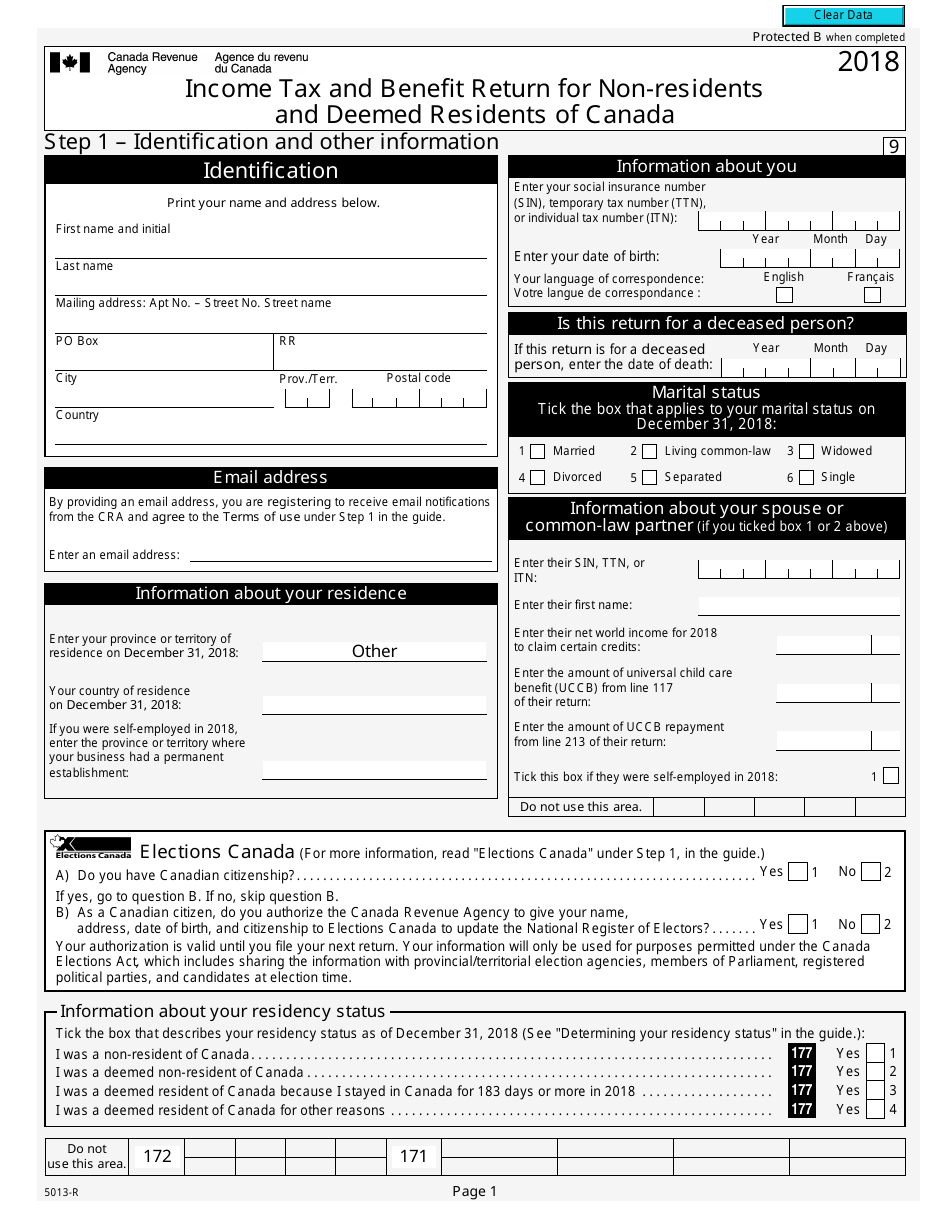Income tax forms are an essential part of filing taxes in Canada. Every year, Canadian residents are required to report their income to the Canada Revenue Agency (CRA) and pay any taxes owed. Understanding the different forms and how to fill them out correctly can help individuals navigate the tax filing process smoothly.
There are various income tax forms in Canada, each serving a specific purpose. Some of the common forms include the T1 General for individuals, the T2 for corporations, and the T4 for employment income. These forms require taxpayers to provide details about their income, deductions, and credits to determine their tax liability.
Income Tax Forms In Canada
Looking for an easy way to manage paperwork? A form printable is a reliable tool for both personal and business use. Whether you’re handling job applications, medical records, invoices, or permission slips, form printable help save time with ease.
A form printable allows you to fill out important information manually or digitally before printing. It’s excellent for offices, schools, and virtual setups where documentation needs to be clear, consistent, and ready to go.
Get and Print Income Tax Forms In Canada
You can instantly find complimentary, editable templates online in formats like Jpg no design skills or apps required. Just download, fill in, and print as many copies as needed.
Take control of your daily tasks and avoid paperwork headaches. Choose a reliable printable form today and stay efficient, focused, and in control—whether at your house or at the office.
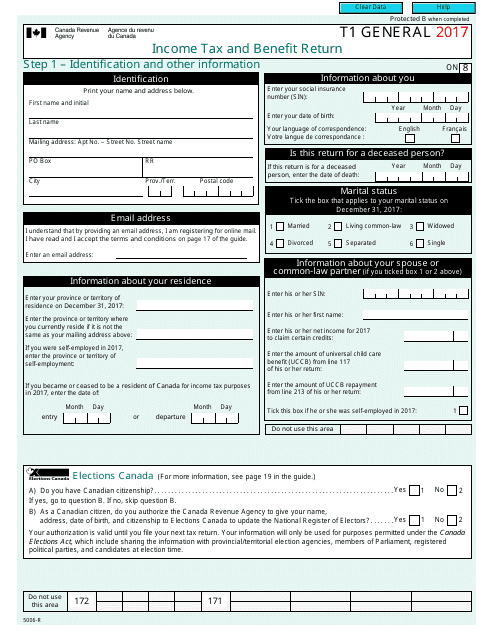 Form T1 GENERAL 2017 Fill Out Sign Online And Download Fillable
Form T1 GENERAL 2017 Fill Out Sign Online And Download Fillable
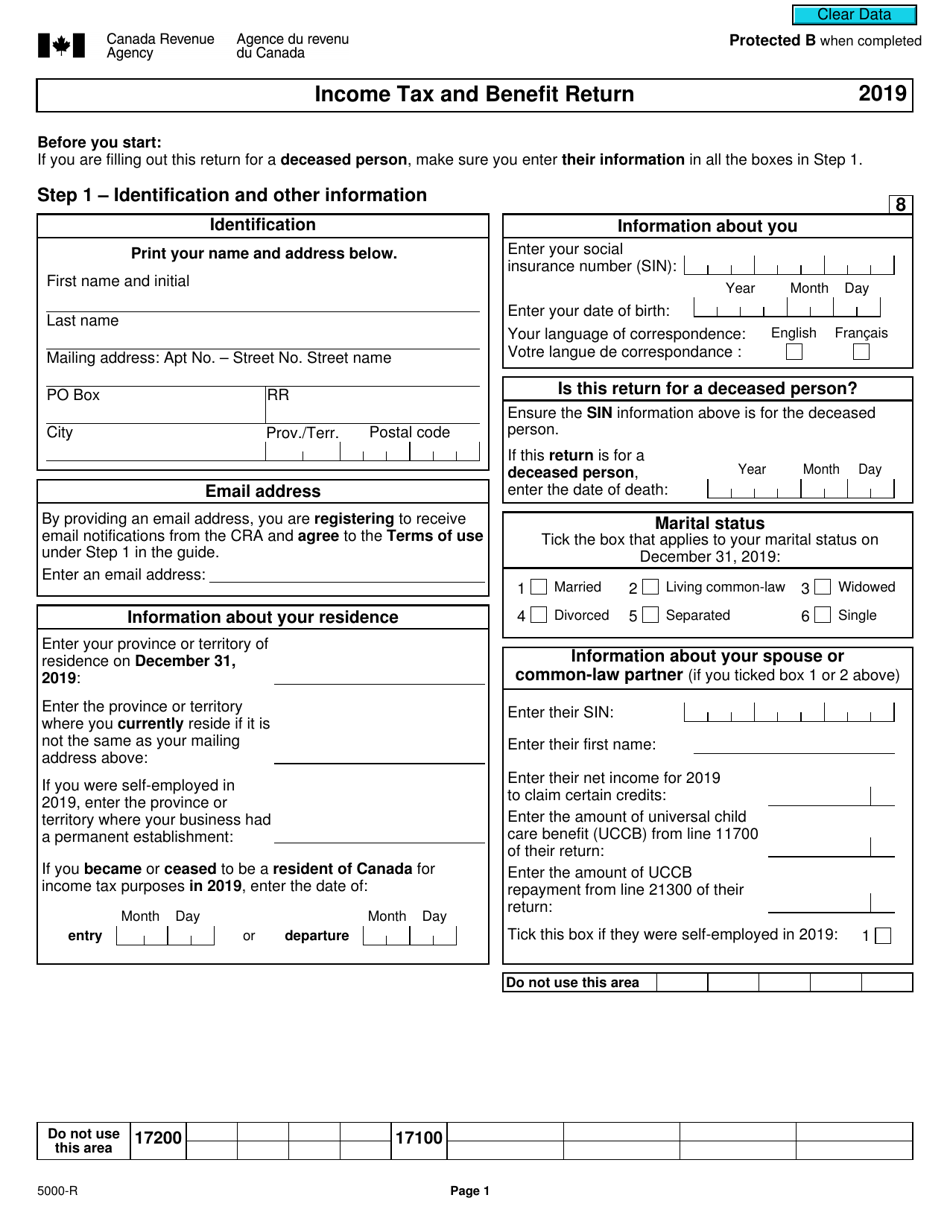 Form 5000 R 2019 Fill Out Sign Online And Download Fillable PDF
Form 5000 R 2019 Fill Out Sign Online And Download Fillable PDF
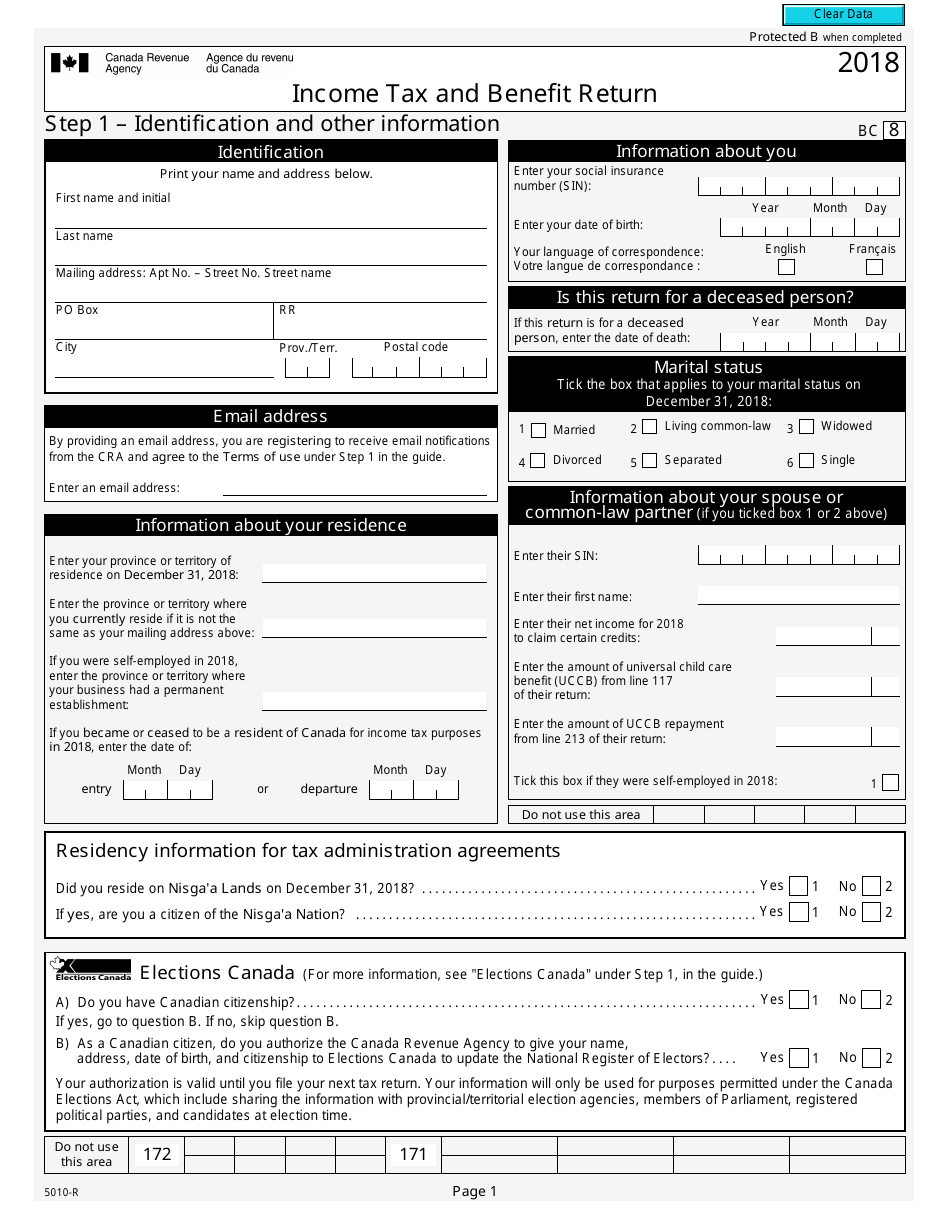 Form 5010 R 2018 Fill Out Sign Online And Download Fillable PDF
Form 5010 R 2018 Fill Out Sign Online And Download Fillable PDF
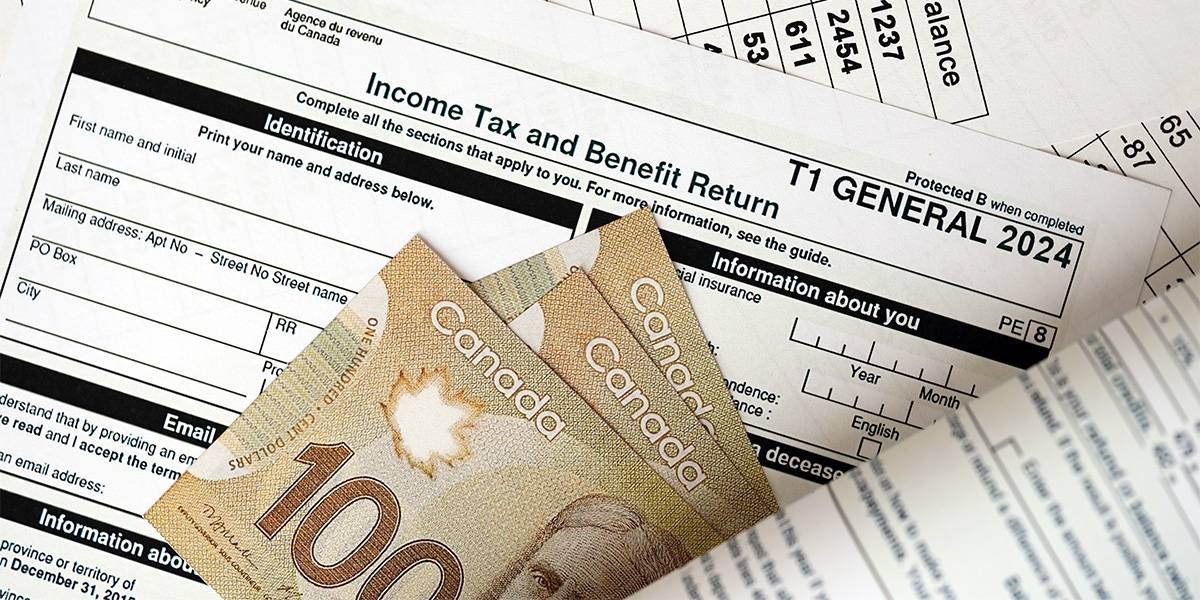 Canadian T1 General Tax Form Income Tax And Benefit Return Lies On
Canadian T1 General Tax Form Income Tax And Benefit Return Lies On
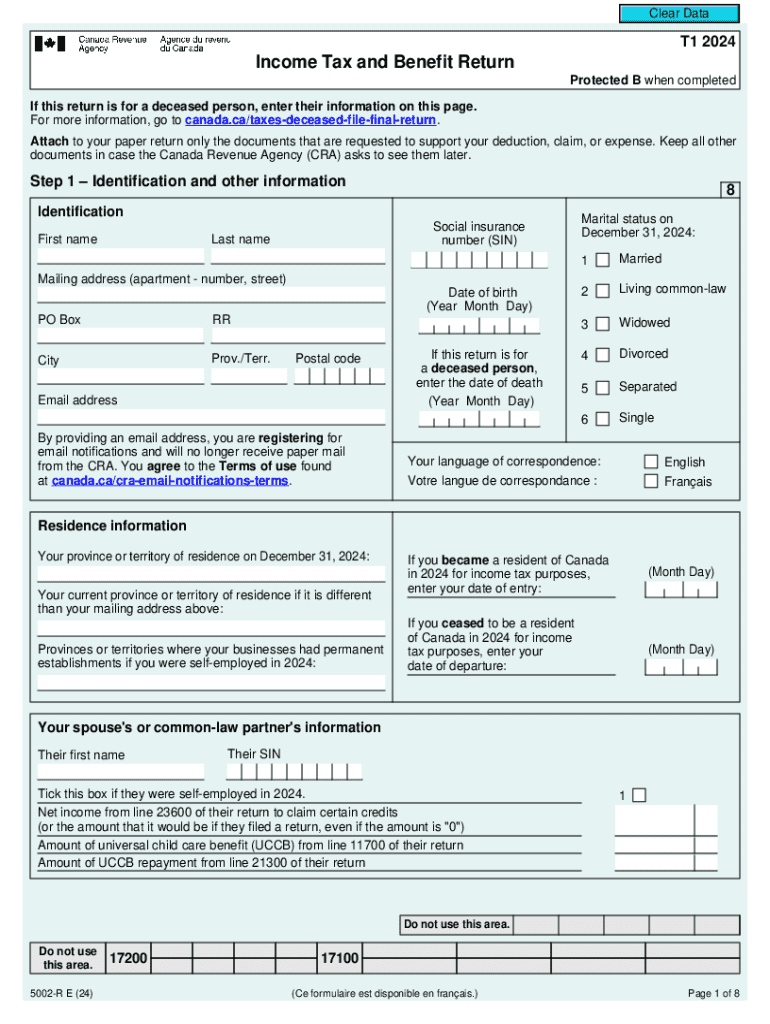 T1 Fillable Fill Out Sign Online DocHub
T1 Fillable Fill Out Sign Online DocHub
When filling out income tax forms, individuals must ensure they have all the necessary information and supporting documents. This includes T-slips from employers, investment statements, receipts for expenses, and any other relevant paperwork. Failing to include accurate information or supporting documents can result in errors or delays in processing.
It is important to note that the deadline for filing income tax forms in Canada is April 30th for most individuals. However, self-employed individuals and their spouses have until June 15th to file their taxes. It is recommended to file taxes early to avoid any penalties or interest charges for late submission.
Additionally, individuals may be eligible for various tax credits and deductions that can help reduce their tax liability. Some common credits include the Canada Child Benefit, the GST/HST credit, and the Disability Tax Credit. By claiming these credits on their income tax forms, taxpayers can potentially lower the amount of taxes owed.
In conclusion, income tax forms in Canada play a crucial role in the tax filing process. By understanding the different forms, gathering all necessary information, and claiming eligible credits, individuals can ensure they are fulfilling their tax obligations accurately and efficiently. It is important to file taxes on time and seek assistance from tax professionals if needed to navigate the complexities of the Canadian tax system.
